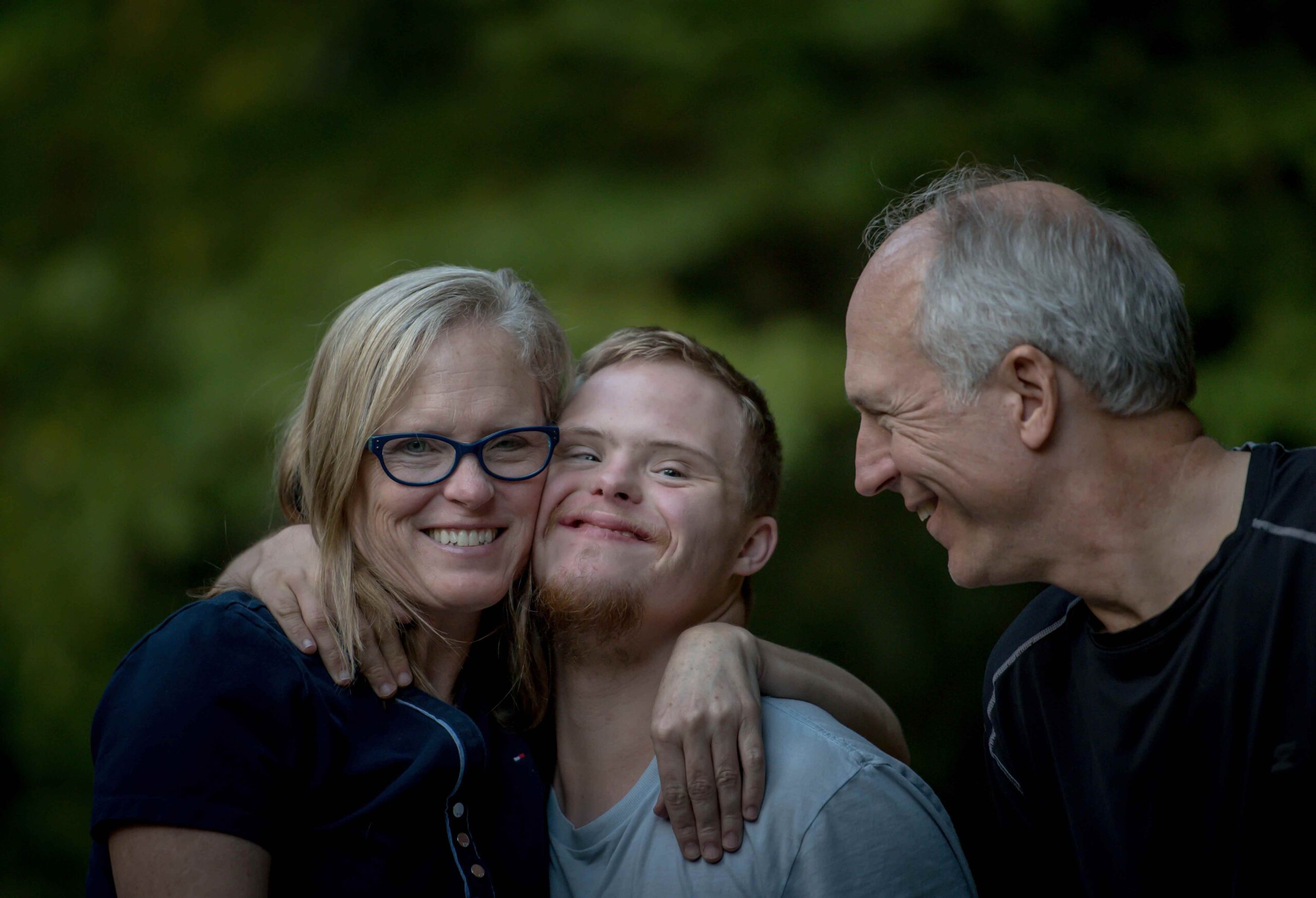Hope in Hindsight: Navigating Unexpected Journeys
KIM BARNES | CONTRIBUTOR Have you ever felt like your life was heading in a clear direction, only to have things take a sharp turn? Maybe you felt called to a new job or ministry, only to have it fall apart. Perhaps you envisioned your empty nest years filled with one thing, but reality brought something entirely different. A little over five years ago, my husband and I felt confident that God was calling us to a new place and ministry. It was a significant change, and there was trepidation as we embarked on this journey. However, the path seemed wide and clear, and we sensed God’s leading. So, we set off for my husband to pastor a church 800 miles away from Central Florida, where I had spent most of my life. We embraced our new home and hoped that we’d spend the next couple of decades serving this church and community that we quickly grew to love. That’s not what happened. My husband lost his job after two years. It was a gut-punch, and we were devastated. A path that initially seemed so welcoming, one that we thought would lead to joy and life-giving ministry, became a road filled with grief, betrayal, and despair. Along the way, we saw God’s hand at work, nevertheless it was a season where we questioned God’s calling on our lives and felt uncertainty about the future. Life wasn’t turning out the way I thought it would. The Bible is filled with stories where journeys lead to unexpected places...










